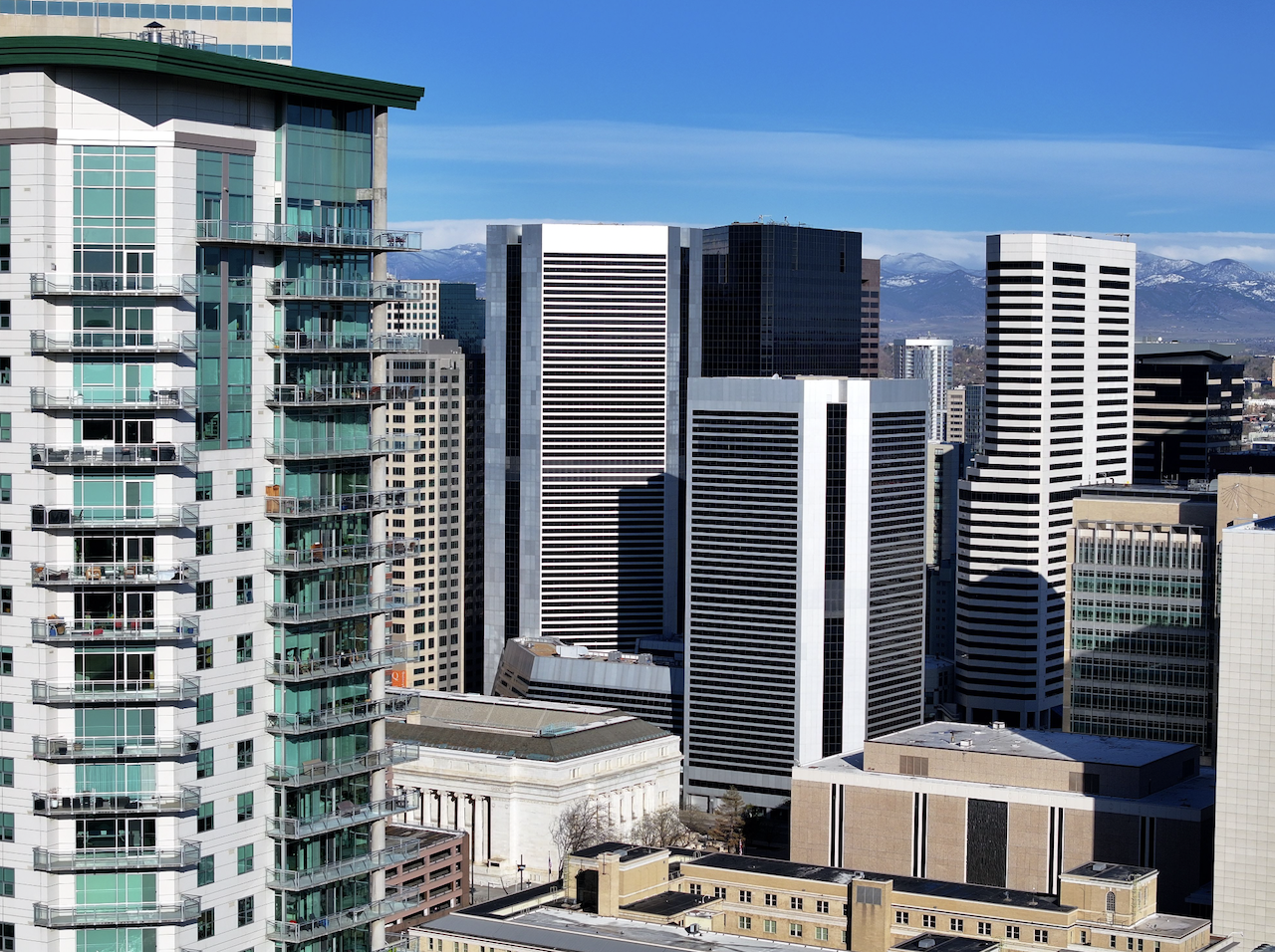A Deep Dive Into the 6 New Parks Coming to Denver


Denver Parks and Recreation's Vision
Denver is set to welcome six new parks across various neighborhoods, thanks to a significant sales tax increase approved by voters in 2018. This tax hike has amassed approximately $40 million over the last five years, recently increasing to $50 million annually. This fund is earmarked for acquiring land, constructing new parks, and maintaining and investing in existing parks, including the city's mountain parks and trail systems.
Overview of the Six New Parks
Spanning across various neighborhoods from Westwood to Green Valley Ranch, these parks symbolize a commitment to ensuring every citizen has access to quality green spaces. Each park is uniquely designed to cater to the needs and preferences of its local community, creating a diverse range of recreational environments across Denver.
47th Avenue and Telluride Street Park


Located in Green Valley Ranch, this park is set to open in 2026. This park will feature a large playground, connecting trails, a basketball court, an interactive water feature, and a community garden. Its construction, beginning in 2025, marks a significant step towards enhancing the city's outdoor amenities.
East Iliff Avenue and South Bellaire Street Park


Located in University Hills, this park is also opening in 2026, this park will include a playground, sports courts, demonstration gardens, and a community event space. There's a proposal to name it "Bethesda Park," adding a unique identity to this new recreational area.
Kittridge Street and East Bolling Drive Park

Located in Montbello, this park's construction is set to begin later this year, with Denver Parks and Recreation taking ownership upon its completion. It will boast a community playground, basketball courts, athletic fields, a large walking loop, and a food forest managed by Denver Urban Gardens.
44th Avenue and Pearl Street Park


Situated in Globeville, the city council approved a purchase and sale agreement for this site for $1,205,000, with an additional budget for immediate property improvements and a vision plan. A timeline wasnt provided for this park, however we expect it to be completed in 2026.
West Kentucky Avenue and South Irving Street Skate Park


Already open to the public, this skate park in Westwood is a testament to the city's commitment to providing diverse recreational options. It stands as an example of how community input can shape the development of such spaces.
10th Avenue and Alcott Street Park

Scheduled to open in 2026, this large park along the South Platte River will offer a community gathering space and gardens. Its construction begins this year, promising a serene escape in the heart of the city.
Upgrades in Existing Denver Parks
In addition to developing new parks, Denver is also reinvesting in its existing parks. This includes renovating playgrounds and benches and upgrading irrigation systems to conserve water and improve the parks' sustainability.
In summary, the six new parks coming to Denver symbolize more than just additional green spaces; they represent a pivotal shift towards a more sustainable, community-focused urban environment. Funded by the visionary sales tax increase approved in 2018, these parks are a testament to Denver's commitment to enhancing the quality of life for all its residents.














